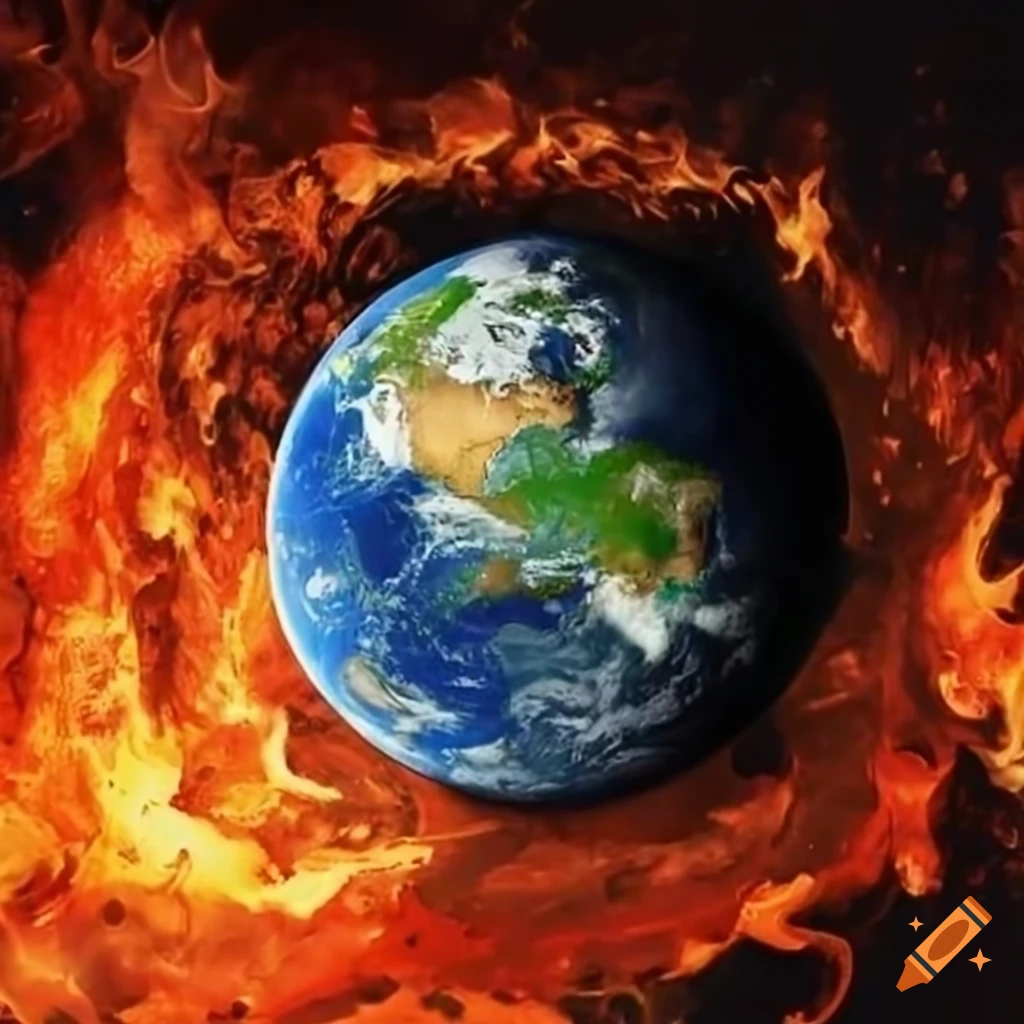GLOBAL WARMING
Global warming is the long-term increase in Earth's average temperature due to human activities,
especially the release of greenhouse gases like carbon dioxide (CO2).
CAUSES OF GLOBAL WARMING
-
Burning Fossil Fuels: Using coal, oil, and natural gas for energy and transportation releases CO2.
-
Deforestation: Cutting down forests reduces the number of trees that can absorb CO2.
-
Industrial Processes: Factories and industries emit greenhouse gases.
-
Agriculture: Livestock produce methane, and fertilizers release nitrous oxide.
-
Waste Management: Landfills release methane as waste decomposes.
EFFECT OF GLOBAL WARMING
-
Rising Temperatures: Hotter weather and more frequent heatwaves.
-
Melting Ice Caps and Glaciers: Ice in polar regions melts, raising sea levels.
-
Rising Sea Levels: Higher sea levels cause coastal flooding and erosion.
-
Extreme Weather: More severe storms, hurricanes, droughts, and heavy rain.
-
Impact on Wildlife: Habitats are disrupted, leading to loss of species.
-
Agricultural Problems: Changing weather affects crop growth and food supply.
MITIGATION AND ADAPTATION TO GLOBAL WARMING
-
Renewable Energy: Using solar, wind, and other clean energy sources.
-
Energy Efficiency: Using less energy in homes, cars, and industries.
-
Planting Trees: Trees absorb CO2 from the air.
-
Sustainable Farming: Farming in ways that reduce emissions and capture carbon.
-
Laws and Agreements: International efforts like the Paris Agreement to cut emissions.
-
Education and Awareness: Teaching people about global warming and how to help.

